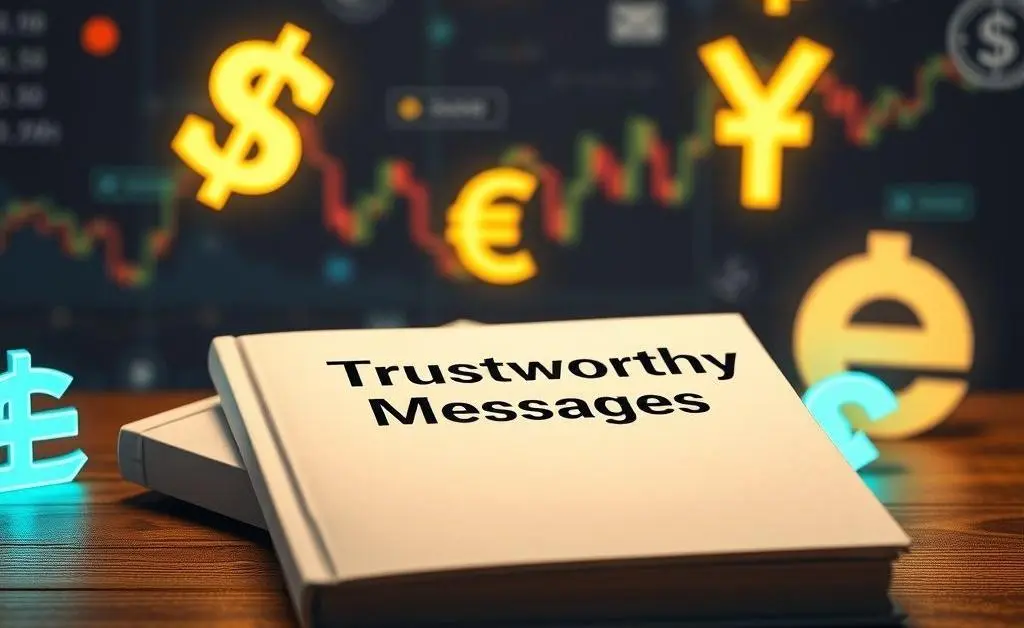The Art of Dodging Financial Scams: Safeguard Your Wallet
Discover how to identify and avoid financial scams with these practical tips.

Have you ever received an unexpected message promising fortune or an unbelievable opportunity? You’re not alone—financial scams are everywhere, and they’re becoming increasingly sophisticated.
Spotting the Red Flags
With the rise in online interactions, it's important to be vigilant about who you're engaging with. One common red flag is any unsolicited message from a stranger offering financial advice or asking for sensitive information.

Look out for:
- Messages with urgent requests for money;
- Promises of large returns with little to no risk;
- Requests for personal or financial information.
Last weekend, I met an old friend for coffee. As we were catching up, he mentioned a private message he received from someone claiming to be a financial advisor. They wanted to help him “double his savings” with a click. Thankfully, my friend recognized the scam and ignored it, but his story reminded me how easily we can be tempted by these tricksters.
Tactics to Stay Safe
The best defense against scams is a bit of skepticism and some savvy digital habits:
- Verify the sender: Always double-check who is contacting you, especially if they claim to represent a known company or financial institution.
- Never click on suspicious links: These links might lead you to fake websites designed to steal your information.
- Use multi-factor authentication: Adding an extra layer of protection to your accounts can thwart unauthorized access.

When in Doubt, Reach Out
If you receive a suspicious message, don't hesitate to reach out to someone you trust or even contact the company directly. Don't assume—confirm!

An old Chinese proverb says, “It’s better to be safe than sorry,” and when it comes to your finances, you can never be too careful. By making it a habit to double-check any unsolicited message, you're already ahead of the game.
How do you protect yourself from scams online? Let's discuss ways to keep our financial information safe in the comments below!




